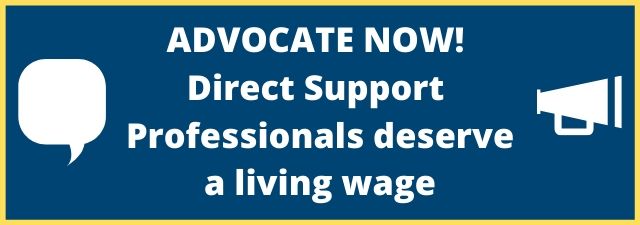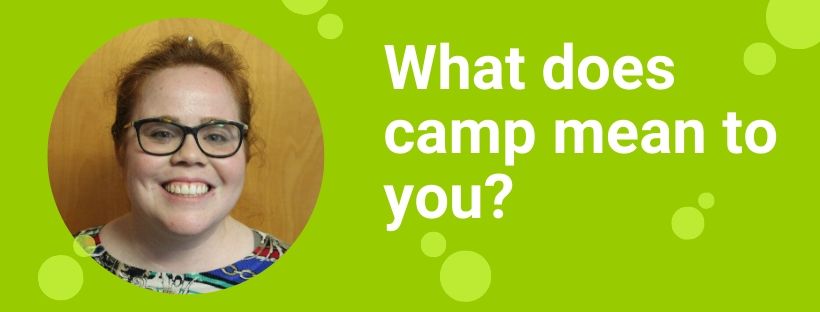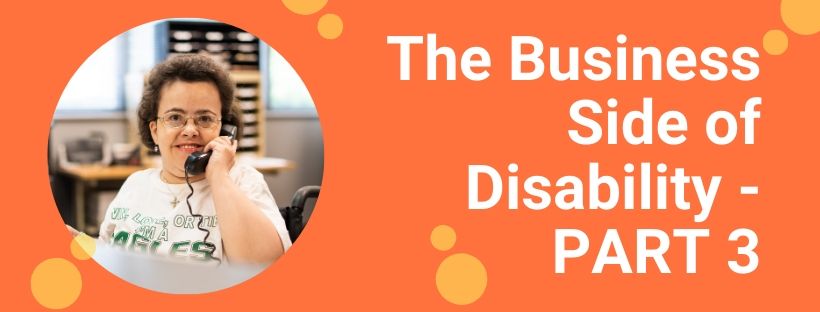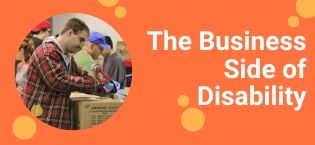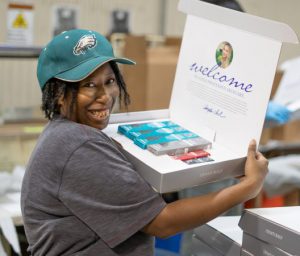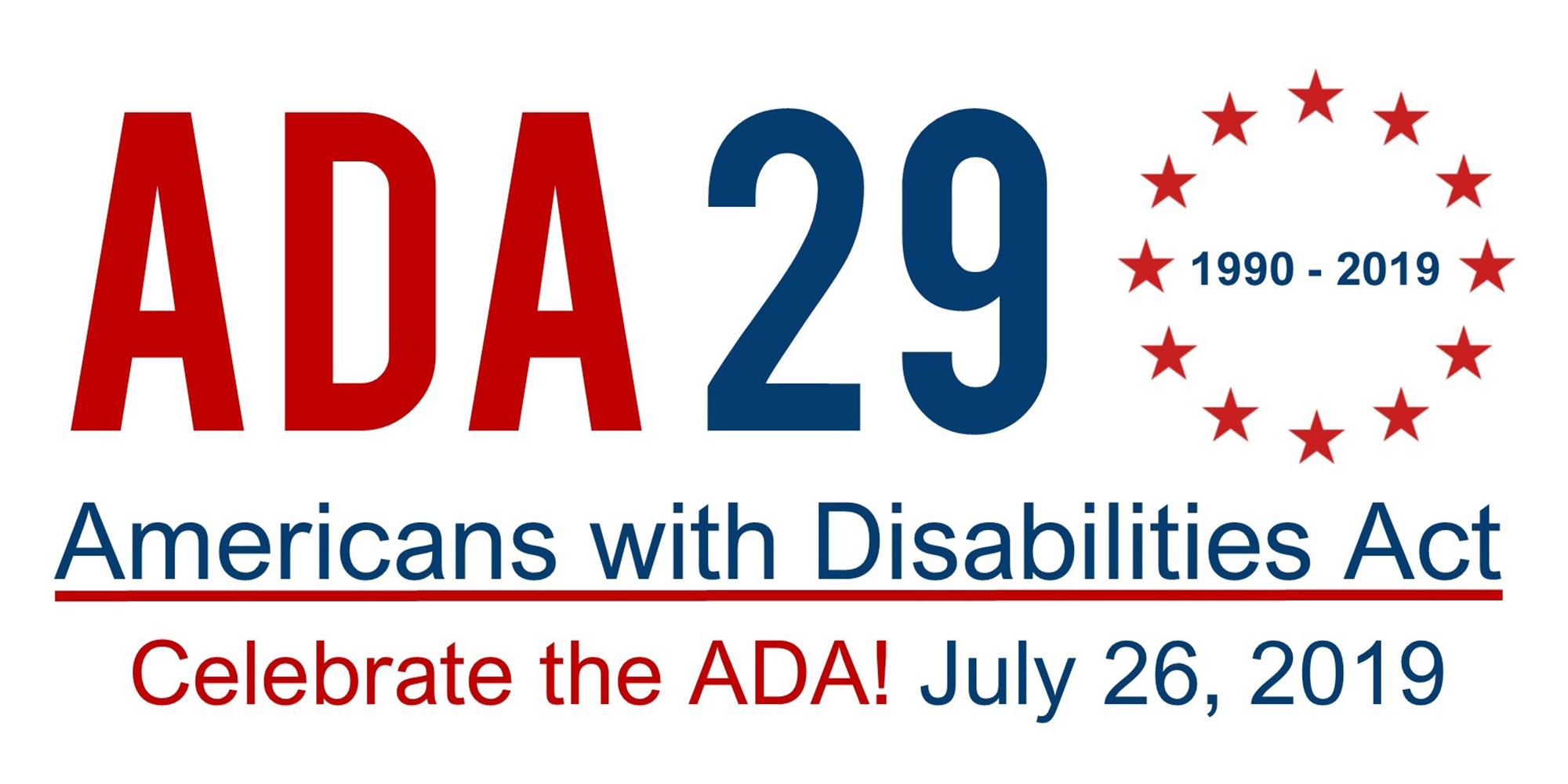Know Your Voting Rights
The election is right around the corner, taking place on Tuesday, November 3. At Easterseals New Jersey, we want voting to be as easy and accessible an experience as possible. That’s why we have put together a list of five things voters with disabilities need to know about their voting rights, how they can vote, and where to turn should they have any questions.
- The upcoming election will be a vote-by-mail election. However, if you are unable to vote by mail, in-person voting will be available in at least one polling place per municipality. Please contact your local County Clerk for more information on available locations and accommodations.
- Voting is your right as a citizen and no one should tell you otherwise. If you are experiencing challenges voting, please call 1-866-OUR-VOTE (1-866-687-8683). You can also request assistance in voting by filling out our 2020 Voting Pledge!
- Polling places MUST be accessible to disabled voters. Do not be afraid to speak up if you feel your rights are being violated. To learn more about voting rights in New Jersey, please check out the State Division of Elections Voter Rights and Accessibility webpage here.
- You are allowed to, but not required to have someone help you vote. For in-person voting, this can be a poll-worker or someone you bring with you. Any person may assist you in completing a vote-by-mail ballot.
- You have the right to vote privately and independently. If someone is violating your right to vote privately and independently, please call 1-866-OUR-VOTE (1-866-687-8683) to report your situation and receive assistance.

This only a shortlist of important items, so please let us know if you have any additional questions about how to ensure you can vote in 2020. You can also check out our Voting Information Center website for more detailed information and helpful voting tools.
Happy voting!





